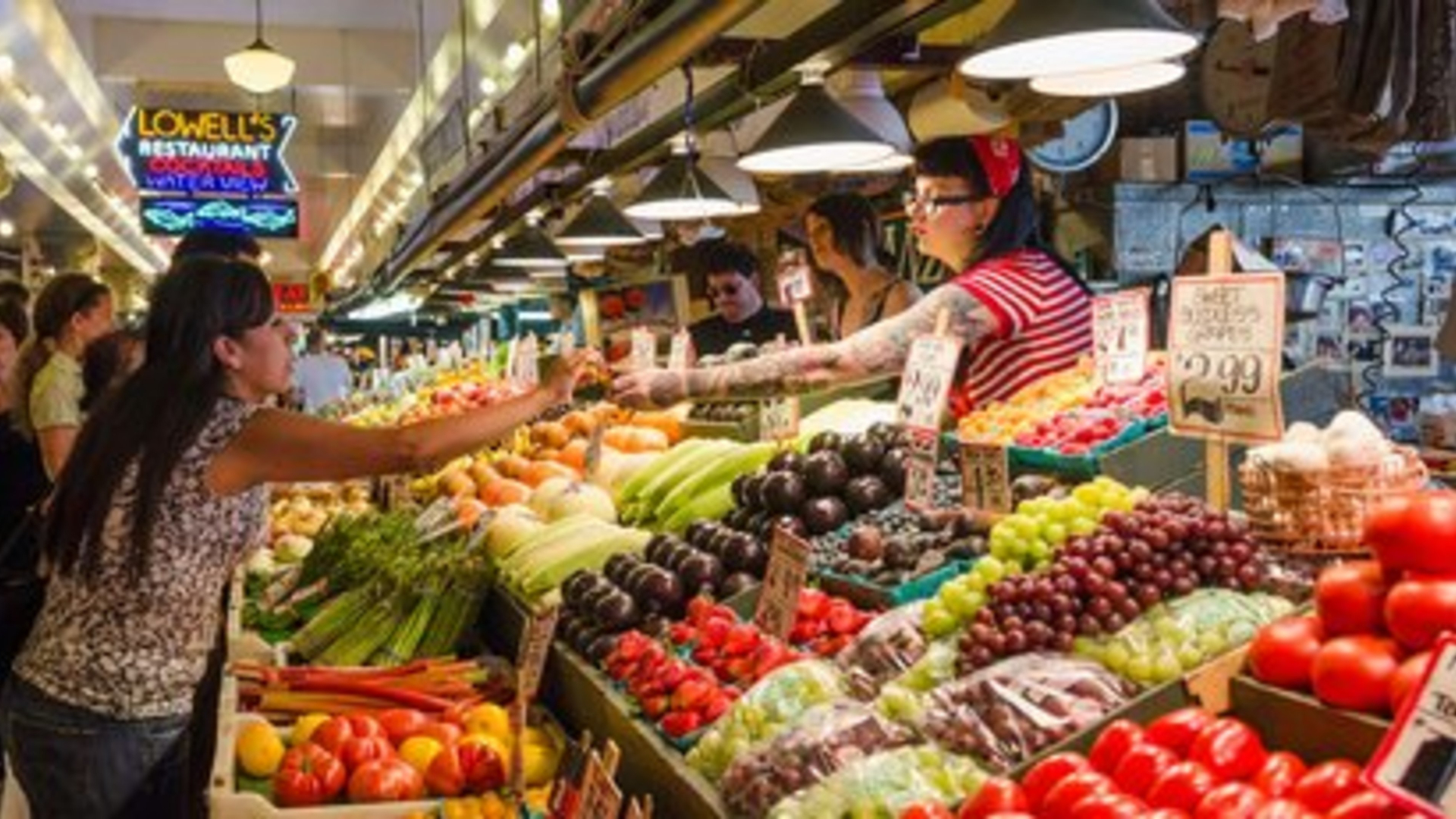As a long-time expat and world traveler, few things drive me crazy more than seeing tourists and expats ruin local economies.
What? Don’t tourists and expats boost the local economy? Of course, we do!
However, too often, I see expats who force their home country’s culture on their host country by knowingly paying too much for goods and services. Before you decide to pay for products and services, check out a couple of dos and don’ts to help support the local economy:
Local Economy: Don’t Overpay Knowingly
The cost of goods and services may be considerably lower in your new country. So low, in fact, you may be tempted to pay more as an act of charity.
Please don’t do this!

While you may help a vendor or contractor in the short term, in the long run, you are actually causing harm.
Not only are you driving up costs for both locals and other expats living on fixed incomes, but you are also setting all expats up to experience predatory behavior by vendors and contractors.
It is not your responsibility to subsidize people by overpaying for services, rent, or goods. But it is your responsibility to support the local economy by paying the same fair prices that citizens pay.
Too often, I see expats paying double, triple, and quadruple normal prices! I even know many expats who offer to pay more and even agree to pay for things such as automatic increases in rent every year without question.
At this point, you are no longer a respected customer but a cash cow who deserves to be exploited.
Do Haggle and Negotiate
In many cultures, negotiating prices and haggling with vendors is common. If you don’t negotiate, you are seen as weak and, well, a sucker.

Also, it’s more likely that the prices that locals quote you as a foreigner will already be inflated than quotes for locals; the gringo price by default.
I understand that haggling and negotiating are not common for many North Americans and it can feel uncomfortable.
It seems even more ridiculous when you haggle over a dollar, but doing this very thing is culturally expected in many countries. Here is how to go about it: start by asking for a 10% discount.
As you build up your haggling chops, increase the discount to 20%, 40%, even 50% depending on the product or service.
You’ll be surprised how much money you’ll save and how much respect you’ll receive from others!
The bottom line…
It may feel uncomfortable to pay a painter $200 to paint your entire apartment (the average cost in the US ranges from $500 and up), but never offer to pay more. By willingly paying more, and by not negotiating as locals do, you are causing harm to the local economy.
Respecting your new culture and learning to play by a new set of rules will help you assimilate better. Not only will you be more respected—you may come to enjoy transactions more by playing the haggling game!
Have you been negotiated and haggled on your travels? Or have you been tempted to pay more? Share your experiences with us.
by: Rachel DeSalvo

